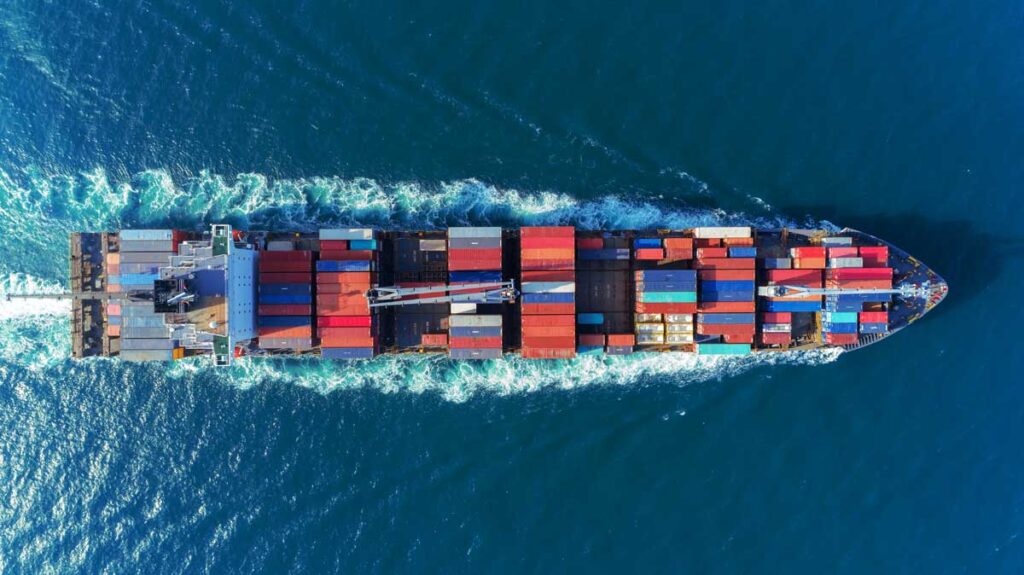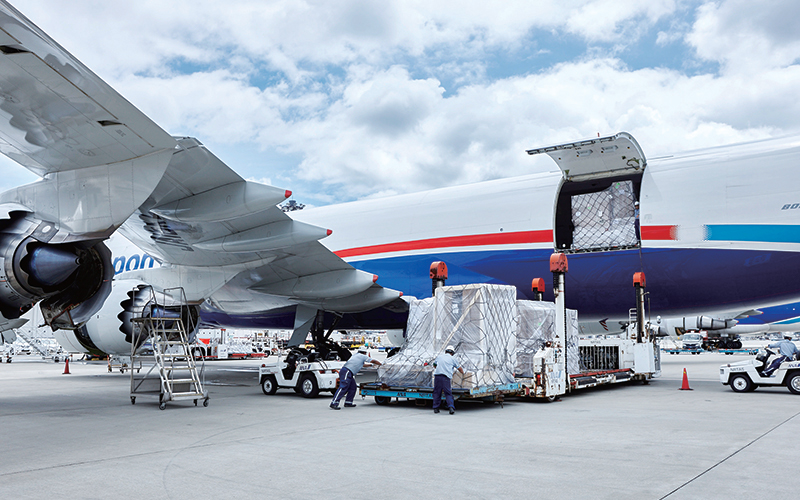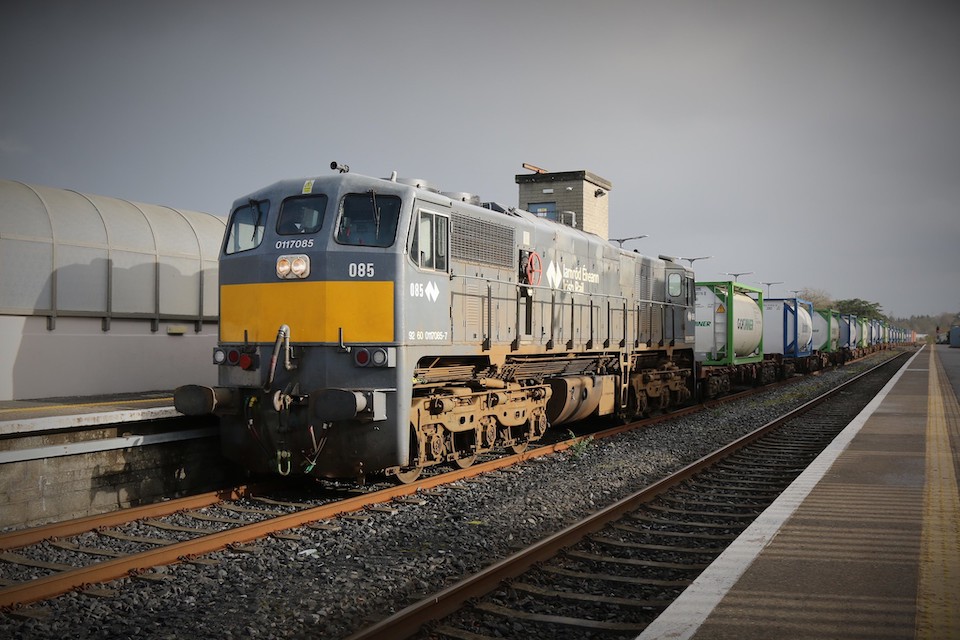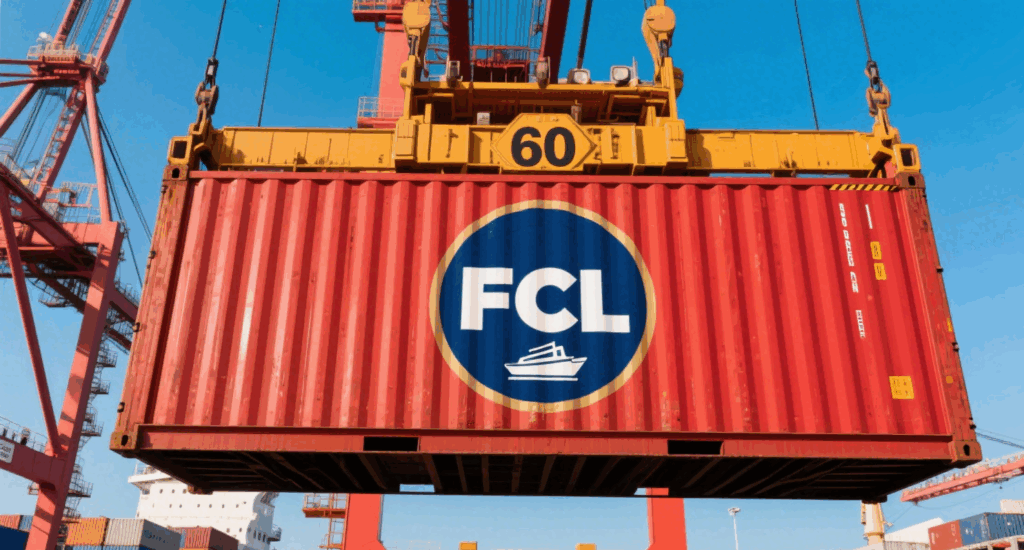- By Della tj
- November 18, 2025
- Sea Freight, Shipping
Table of Contents
Shipping from China to Canada is a critical supply chain decision that affects profitability, delivery consistency, and compliance. Choosing the best sea freight from Shenzhen to Canada requires balancing costs, documentation, and transit time. This guide walks importers through options, timeframes, real examples, and customs procedures—delivering everything needed to execute stress-free international shipments.
Why Do Businesses Prefer Sea Freight from Shenzhen?
Many importers pick sea freight for one main reason—cost efficiency. Compared with air or rail, ocean shipping offers affordable rates for large and mid-scale cargo. Shenzhen, home to Yantian, Shekou, and Chiwan ports, is strategically established with routes reaching Vancouver, Montreal, and Toronto.
| Transport Mode | Avg Cost | Transit Time | Ideal For | Limitation |
|---|---|---|---|---|
| Sea Freight | 3,000–3,000–5,800 | 25–40 days | Heavy, bulky cargo | Slower delivery |
| Air Freight | 6–6–12/kg | 3–7 days | Time-sensitive goods | High expense |
| Rail Freight | 4,000–4,000–6,000 | 22–28 days | European transit connections | Limited direct service to Canada |
Unlike rapidly priced air cargo, sea freight is predictable and scalable for international trade.
What Shipping Options Can You Choose – FCL vs. LCL?
Sea freight comes mainly in two categories:
- FCL (Full Container Load): Dedicated container for a single shipper
- LCL (Less than Container Load): Consolidated with other cargo
| Method | Use Case | Capacity | Avg Cost (USD) | Transit Time |
|---|---|---|---|---|
| FCL 20-ft | Furniture, machinery | Up to 28 CBM | 3,000–3,000–4,200 | 25–35 days |
| FCL 40-ft | High-volume goods | Up to 68 CBM | 4,600–4,600–5,800 | 25–35 days |
| LCL | Small-scale items | <15 CBM | 75–75–150/CBM | 30–40 days |
FCL provides control and speed, while LCL lets you ship smaller loads without wasting space. The right choice depends on your shipping frequency and volume.
How Long Does Sea Freight Take From Shenzhen to Canada?
Transit time includes ocean freight, port handling, rail (if needed), and customs clearance. It varies significantly by destination:
| Canadian Port | Avg Transit Time | Route Overview |
|---|---|---|
| Vancouver | 20–25 days | Direct sailing from Yantian |
| Toronto | 30–35 days | Ship to Vancouver + rail inland |
| Montreal | 35–40 days | Sails via Panama Canal |
Although FCL shipments are faster to process, even LCL can be optimized with weekly sailings and pre-booked customs support. Make sure to build in buffer time during peak import seasons.
What Documents Are Required for Sea Freight?
Missing paperwork can mean major delays. To avoid hold-ups at Canadian customs, always prepare:
| Document | Purpose |
|---|---|
| Bill of Lading | Proof of transport & receipt |
| Commercial Invoice | Declared value for customs |
| Packing List | Verifies contents for inspection |
| Certificate of Origin | For duty benefits & trade agreements |
| Canada Customs B3 | Declaration for import duties |
| Permits / Licenses | Needed for restricted imports |
Ensure information consistency across all forms. Inaccuracies in HS Codes or declared value can trigger red flags during customs review.
Case Studies: Real-World Shipments from Shenzhen to Canada
🟩 Case 1: Electronics – Shenzhen to Vancouver
Mode: FCL, 40ft container
Volume: 65 CBM, 15,000 kg
Transit Time: 24 days
Cost: $5,050
Result: Delivered directly to BC warehouse; no customs delay
🟦 Case 2: Fashion Goods – Shenzhen to Toronto
Mode: LCL
Volume: 5.5 CBM
Transit Time: 34 days
Cost: $740
Result: Perfect for low-urgency, pre-season orders
What Does Sea Freight Cost from Shenzhen to Canada?
Pricing varies due to container size, sailing route, service provider, destination, and customs duties. Here’s a basic cost model overview:
| Container Type | Cargo Limit | Est. Cost | Notes |
|---|---|---|---|
| 20-ft FCL | ~28 CBM, 25,000 kg | 3,000–3,000–4,200 | For full-room/large cartons |
| 40-ft FCL | ~68 CBM, 27,000 kg | 4,600–4,600–5,800 | Better per-unit rates |
| LCL | Per CBM | 75–75–150/CBM | Min. charge ~1 CBM |
Extra expenses include:
- Canada terminal/offloading charges
- Trucking fee (port to warehouse)
- Customs broker fees (~100–100–200)
- Optional: cargo insurance (~0.4% cargo value)
Getting accurate all-in quotes ensures no surprises mid-shipment.
What Mistakes Should You Avoid When Shipping?
Careful preparation prevents delays, fees, and cargo loss. Common mistakes include:
- ❌ Wrong Incoterms → delivery confusion
- ❌ Incomplete invoices → customs rejection
- ❌ Skipping insurance → risk for high-value items
- ❌ Booking too late in peak season → missed sailings
- ❌ Ignoring container weight limits → port fines
Always confirm documentation with your freight forwarder and broker before vessel departure.
How to Select a Reliable Freight Partner?
A strong logistics provider ensures seamless coordination from Shenzhen factories to Canadian warehouses.
| Criteria | Importance Rating | Details |
|---|---|---|
| China–Canada Expertise | ★★★★★ | Knows transit rules & best routes |
| In-house Customs Support | ★★★★☆ | Helps avoid clearance delays |
| Tracking Capabilities | ★★★★☆ | Provides shipment visibility |
| Transparent All-In Pricing | ★★★★★ | Avoids hidden costs |
| Local Offices (CN & CA) | ★★★★☆ | Faster issue resolution |
Select partners with access to vessel schedules, consolidation services, and both origin/destination port agents. The right forwarder reduces risk, stress, and cost.
Conclusion
Choosing the best sea freight from Shenzhen to Canada is a strategic decision. It involves evaluating container size, route options, cost-effectiveness, customs requirements, and timeliness.
Through this guide, you’ve learned the shipping differences between FCL and LCL, seen real-world freight case studies, and reviewed the documents and trends shaping import success in 2025.
With smart preparation and trusted logistics support, your shipments from Shenzhen can arrive on time, on budget—and with zero hassle.
Request a Quote
Need a tailored solution for your shipping from China?
Let TJ China Freight Forwarder assist you with reliable, cost-effective service.
FAQ:
Q1.What is the cheapest way to ship goods from Shenzhen to Canada?
LCL freight offers the lowest shipping cost for cargo under 10 CBM, ideal for small business orders.
Q2.How long does sea shipping from Shenzhen to Montreal take?
It typically takes 35–40 days via Panama, including customs and port processing.
Q3.Do I need a Canadian customs broker for sea imports?
Yes, brokers help handle customs entry using required import documents, avoiding delays or fines.
Q4.Which Incoterm fits sea freight from Shenzhen best?
FOB or CIF are ideal for sea freight between Shenzhen suppliers and Canadian buyers.
Q5.Can I track my container shipped from China to Canada?
Yes, modern providers offer milestone and GPS tracking via digital freight dashboards.






